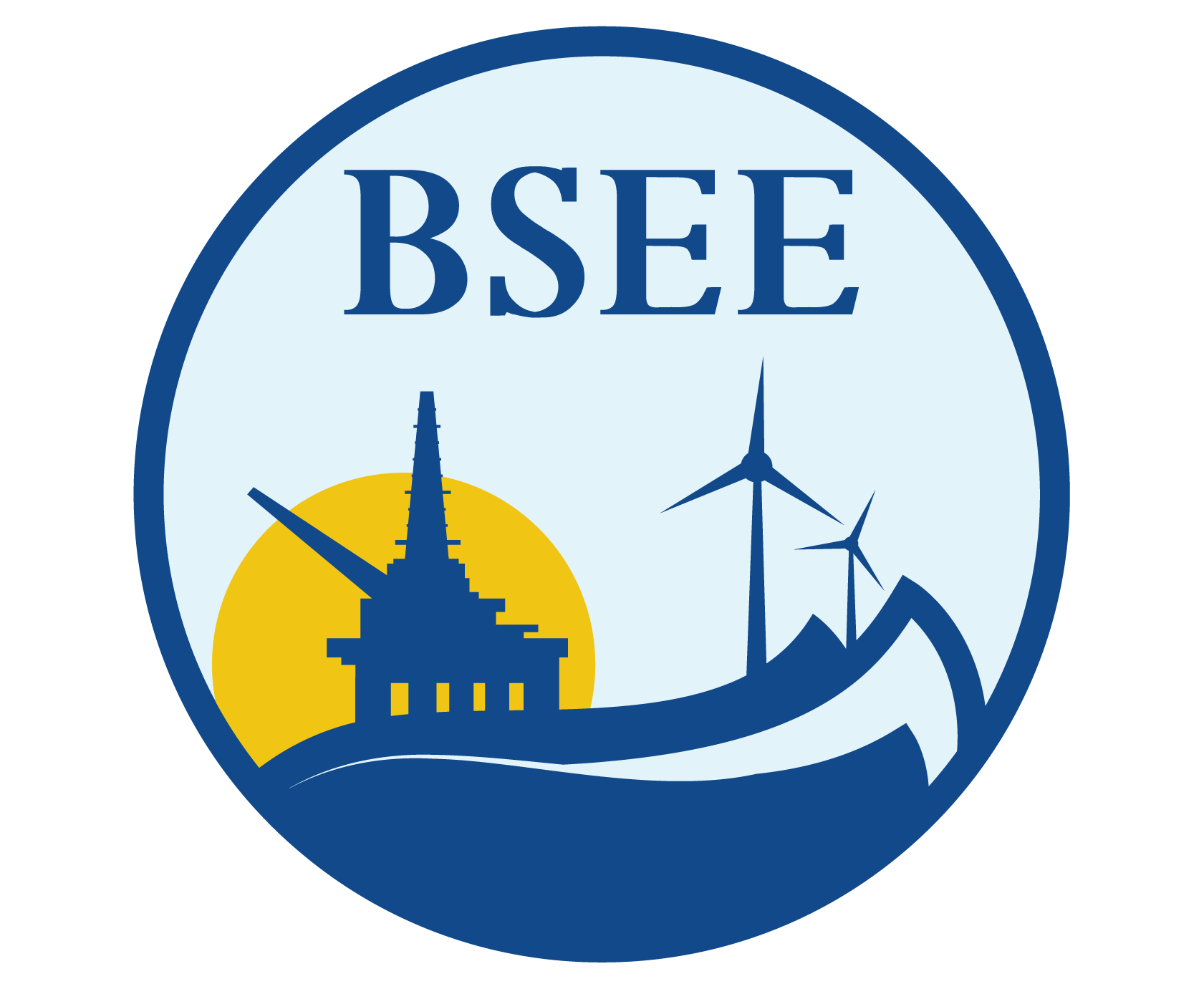Application of an Engineering Model for Ice/Soil/Pipeline Interaction
In Arctic regions, ice scour imposes a potential danger to seabed facilities such as pipelines. The purpose is to define the subscour forces and displacements, and thus, create a soundly based design methodology. This work is an outgrowth of the Pressure Ridge Ice Scour Experiment (PRISE). This effort is an adjunct study to Project No. 191.
